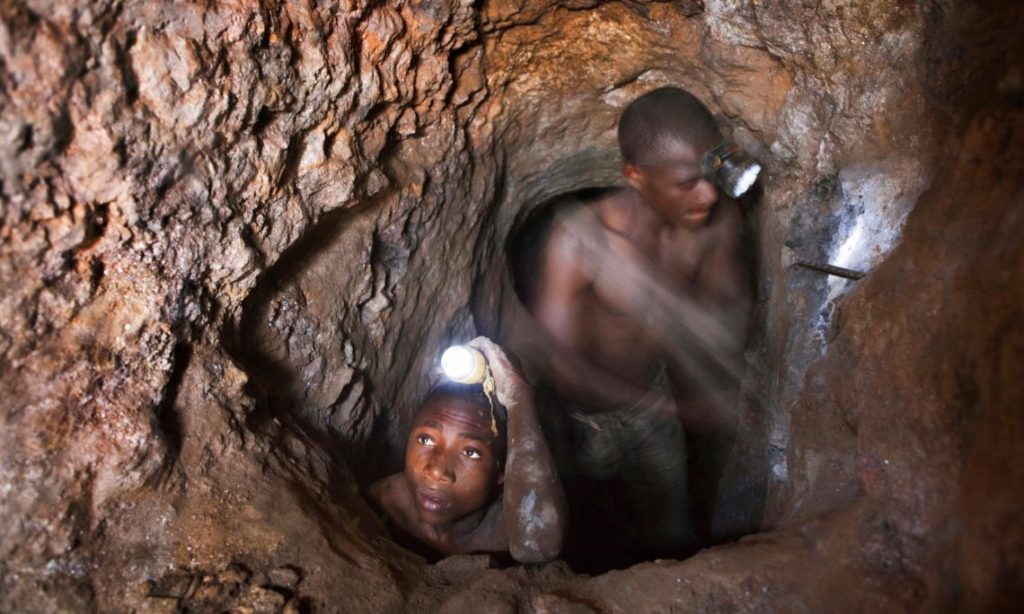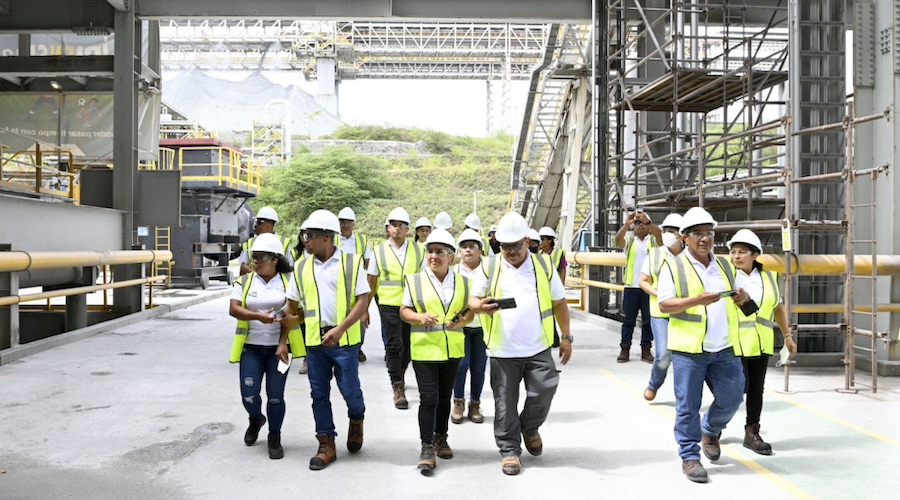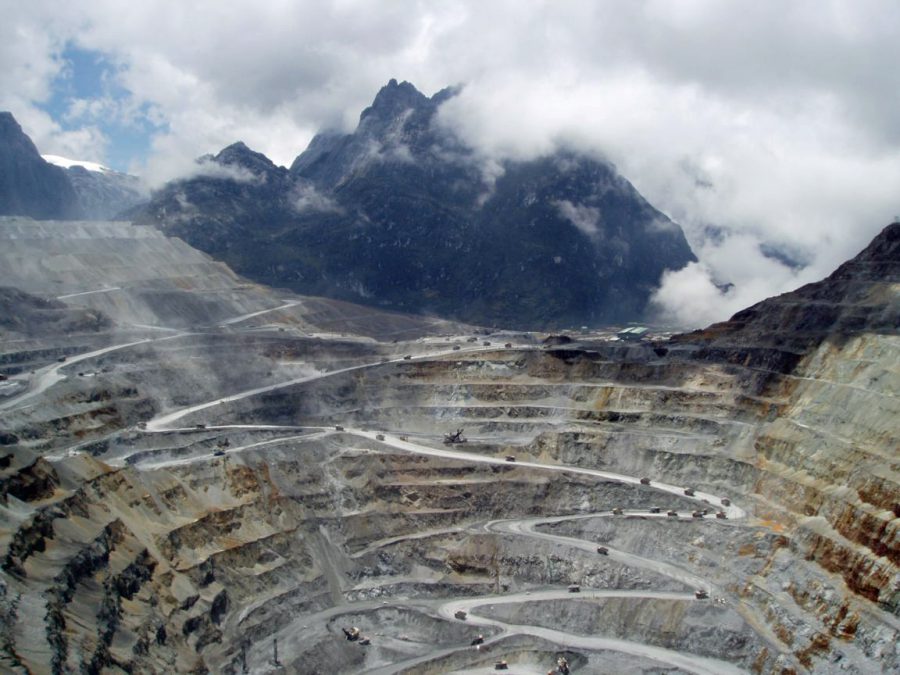Poor left out of mining profits as ‘resource curse’ hits Kenya

NAIROBI, April 12 (Thomson Reuters Foundation) – Kenya’s oil, gas and mineral deposits are being increasingly exploited, but a failure to implement laws and ensure local communities know their rights has meant the most marginalised are not benefiting, lawyers and academics said on Thursday.
The East African nation has proven deposits of titanium, gold and coal and also holds significant copper, niobium and manganese deposits, as well as oil and gas reserves.
But despite these commodities often being located in remote regions where the country’s poorest live, few have reaped the rewards from mining, said experts at an event hosted by the legal think-tank the International Commission of Jurists (ICJ).
“The discovery of oil and gas and other natural resources in Kenya was received with enthusiasm and optimism of a great future, not only for the country, but also for the communities,” said lawyer Robert Mochache and ICJ council member.
“However several years since the discoveries, resource extraction has concentrated wealth and power in the hands of a few, aggregating corruption and adverse inequalities, leading to massive environmental degradation and pollution.”
Mochache said there were cases of displacement of communities, workers subjected to unsafe conditions, as well as soil, water and air pollution.
Kenya’s extractives industry is at its infancy stage. The ministry of mining was set up five years ago and legislation to regulate the industry passed in 2016.
The sector accounts for less than 1 percent of the country’s gross domestic product.
Legal experts and academics said cited disputes between communities and miners across Kenya’s mineral belt – stretching from the northwest to the southern coast – largely due to people feeling aggrieved over shares of revenues and access to jobs.
They said Kenya’s mining legislation and constitution provided enough regulation to ensure communities were given their fair share of mining revenues as well as other benefits, but that laws need to be enforced and people empowered.
“The problem is not the law, the problem is the lack of governance and implementation of legislation,” said Nicholas Orago from University of Nairobi’s School of Law who conducted a study on titanium mining in Kenya’s coastal region of Kwale.
“In many cases, resources are found where in areas people are vulnerable, yet those who come to mine have both economic and political power – and this creates an unequal relationship leaving people open to exploitation.”
(Reporting by Nita Bhalla @nitabhalla; Editing by Katy Migiro. Please credit the Thomson Reuters Foundation, the charitable arm of Thomson Reuters, that covers humanitarian news, women’s rights, trafficking, property rights, climate change and resilience. Visit http://news.trust.org)
More News
First Quantum pulls back from arbitration on Panama copper mine
Signals potential for more negotiations with the nation over the Cobre Panama mine that’s been shuttered for more than a year.
March 31, 2025 | 04:30 pm
Freeport-McMoRan lowers first-quarter gold sales forecast
The company said it expects first-quarter gold sales to be roughly 100,000 ounces below its prior forecast of 225,000 ounces.
March 31, 2025 | 03:41 pm
{{ commodity.name }}
{{ post.title }}
{{ post.excerpt }}
{{ post.date }}



Comments